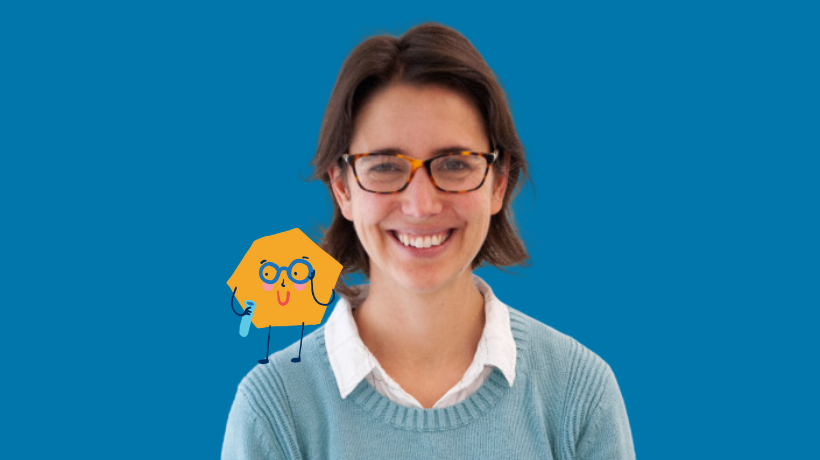
With a background in immunology, Dr Tessa Gargett is utilising her knowledge of the human immune system to tackle children’s cancer. Here, she explains how she’s maximising the potential of CAR-T cells to provide a treatment option specifically tailored to brain tumours.
My background is actually in immunology – I have always been fascinated by the almost infinitely complex ways that our bodies defend us from external threats like viruses and bacteria. In the last decade or so we have realised that the immune system is equally essential for protecting us from cancer. Some of the most exciting new cancer therapies work by boosting the immune system to fight cancer.
Our lab is focused on bringing new, immune-based therapies into clinical testing. My own project uses super-powered immune cells known as CAR-T cells to treat brain tumours. CAR-T cells are made from a patient’s own white blood cells and so I like to think of them as the ultimate in personalised medicine.
We have two new phase one trials starting this year in which we will be testing these CAR-T cells in children with brain tumours, which is incredibly exciting.
The main two types of cancer that Dr Gargett’s team of ten expert researchers are trying to tackle are glioblastoma (GBM) and diffuse midline glioma (DMG). Currently, both of these cancers are incurable, and sadly, both surgery and treatment are only mildly effective at prolonging a child’s life after diagnosis.
The number one thing the parents of children who are diagnosed with these types of cancer talk about is getting new treatment options and access to clinical trials. In Australia, there are very few open clinical trials for these patients. We want to change that. We intend to build on these initial clinical studies to further develop and improve our CAR-T therapies. In this way, we can continue to offer Australian patients and their families access to cutting-edge immune therapies.
Speaking about what the support of kind donors like you means to her and for her pioneering work, Dr Gargett says:
I am delighted to have support for the next 3 years. This will allow us to expand our research program and get the best value out of the precious clinical samples that are collected during our clinical trials.
I would like to say a sincere thank you to every donor. I know they might wonder sometimes where their hard-earned money ends up, and I want to reassure them that it’s going to a team of passionate scientists who are deeply committed to finding new treatments for brain cancer. Cancer affects everyone in our community in some way, and so I think it’s wonderful that the community comes together to donate money to help find cures. There is essential research happing all around Australia that is only possible because of the generosity of our community.
